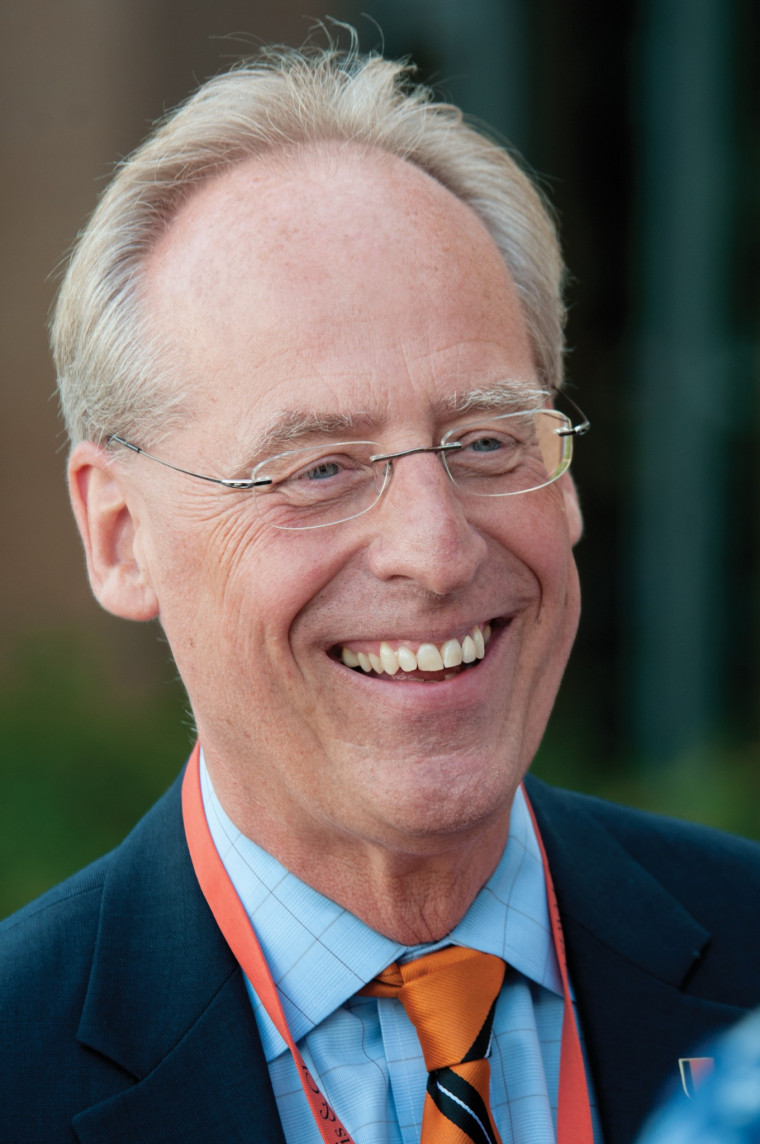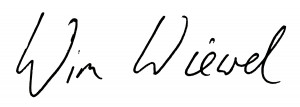Embracing the New
Open gallery

Shortly after my first day here, I received a congratulatory e-mail from Betto van Waarden BA ’10. Many people fondly told me, “I remember Betto!” It turns out that he and I have at least two things in common: we’re both tall, and we’re both from the Netherlands.
Betto came to Lewis & Clark on a Fulbright scholarship for what was supposed to be one year of study. He liked it so much that he stayed. A history major, he took classes in many disciplines and tried golf, sailing, tennis, and Ghanaian dance. He went hiking, kayaking, and skate skiing and completed a Wilderness First Responder course.
After his first year, he wrote, “The world fascinates me and to become one of its global citizens, I think nothing is more valuable than the broad type of education that Lewis & Clark offers. I consider the diverse knowledge of disciplines and languages, as well as the ability to think in different ways, very valuable in the 21st century of globalization.”
Betto recently published a book about his college experience (see page 38), and is now conducting doctoral research at Catholic University in Leuven. His exceptional story of full-immersion learning is our hope for every student.
The best place to learn is to take up residence outside your comfort zone and take on manageable risks. This is as true for graduates as it is for first-year students. I’m not talking about pursuing reckless behaviors but instead tackling an especially difficult project or searching out new ideas that confront long-held beliefs. Such unsettling moments are the lifeblood of intellectual, social, and cultural growth. That’s why, if you’re not tested by something you read, hear, or experience at Lewis & Clark, either we’re not doing our job or you’re not paying close attention. And we are dedicated to doing our job.
When an undergraduate studies overseas or dives into daunting research, a graduate school student steps into a new eighth-grade classroom, a law student averse to public speaking joins moot court, or our commitment to free speech gives voice to difficult ideas, the experience may be both challenging and thrilling. It can also be transformative.
And when the shock of the new subsides, you may realize that the world is not closing in. It’s opening up. Betto’s story exemplifies what I tell all who would fully engage life: Embrace the new, the unknown. Be critical. Make the journey your own.
This issue of the Chronicle arrives shortly after my inauguration as president. So I am now “official.” I am also, just as I was on my first day a year ago, honored and excited to be part of a vibrant community that creates the new every day.

Wim Wiewel
President
More L&C Magazine Stories
Lewis & Clark Magazine is located in McAfee on the Undergraduate Campus.
MSC: 19
email magazine@lclark.edu
voice 503-768-7970
fax 503-768-7969
The L&C Magazine staff welcomes letters and emails from readers about topics covered in the magazine. Correspondence must include your name and location and may be edited.
Lewis & Clark Magazine
Lewis & Clark
615 S. Palatine Hill Road MSC 19
Portland OR 97219

